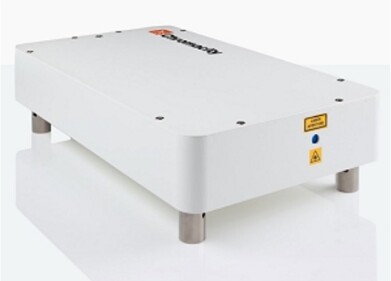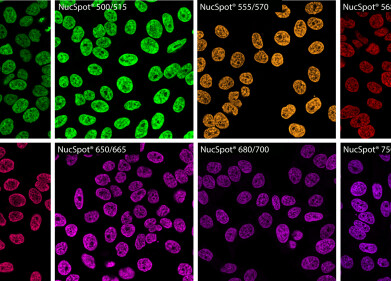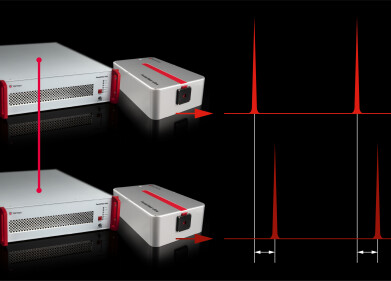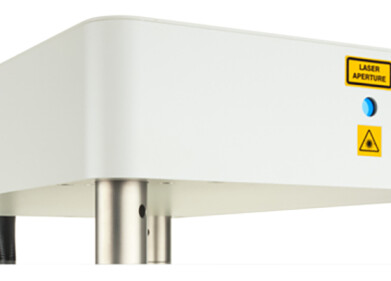Microscopy & Microtechniques
Report on the use of the NanoWizard® 3 AFM system at the Hebrew University of Jerusalem
Apr 17 2015
Dr Meital Reches is a senior lecturer in the Institute of Chemistry at The Hebrew University of Jerusalem. The activities in her lab focus on developing new biomolecular self-assembled systems and the study of proteins and peptides interactions with surfaces. The goals of her team are first to understand how proteins/peptides interact with inorganic surfaces. This question is very important to many areas including the design of new implants because when an implant is inserted into the body, proteins are adsorbed on its surface. These proteins will mediate the immune response towards the implant. This is also important for the synthesis of novel composite materials as sophisticated composites are formed in nature through the interactions between proteins and inorganic minerals. Moreover, if they are able to control the interaction between protein and inorganic materials, they would be able to design materials that will resist biofilm formation (antifouling materials).
Secondly, they wish to design functional peptide-based materials. Nature exploits simple building blocks to generate complex architectures through the process of self-assembly. Understanding this process is essential for areas ranging from drug discovery to materials science. Peptides, specifically, can be used as a simple system for the study of molecular self-assembly, and hold a great promise in the area of nanotechnology as they are biocompatible, versatile, and can be easily decorated with biological and chemical entities. To mimic nature and form complex architectures by self-assembly, the lab explores new strategies for the discovery of novel peptide-based nanostructures and their organisation on surfaces.
Describing her use of atomic force microscopy, Dr Reches said: “We use AFM to perform single molecule force spectroscopy measurements. We attach an amino acid, a peptide or a protein to the AFM tip and study its interaction with different inorganic substrates. In addition we use the AFM for imaging peptide assemblies. I find the system is very friendly to the user when I compare it to other AFM systems. In addition, the force spectroscopy mode is very reliable and fast.”
Dr Reches has published several papers illustrating her applications of the NanoWizard® AFM. These include ‘a study of the self-assembly of a tripeptide into a functional coating that resists fouling’ and ‘the co-assembly of aromatic dipeptides into biomolecular necklaces’.
Digital Edition
Lab Asia 31.6 Dec 2024
December 2024
Chromatography Articles - Sustainable chromatography: Embracing software for greener methods Mass Spectrometry & Spectroscopy Articles - Solving industry challenges for phosphorus containi...
View all digital editions
Events
Jan 22 2025 Tokyo, Japan
Jan 22 2025 Birmingham, UK
Jan 25 2025 San Diego, CA, USA
Jan 27 2025 Dubai, UAE
Jan 29 2025 Tokyo, Japan



















